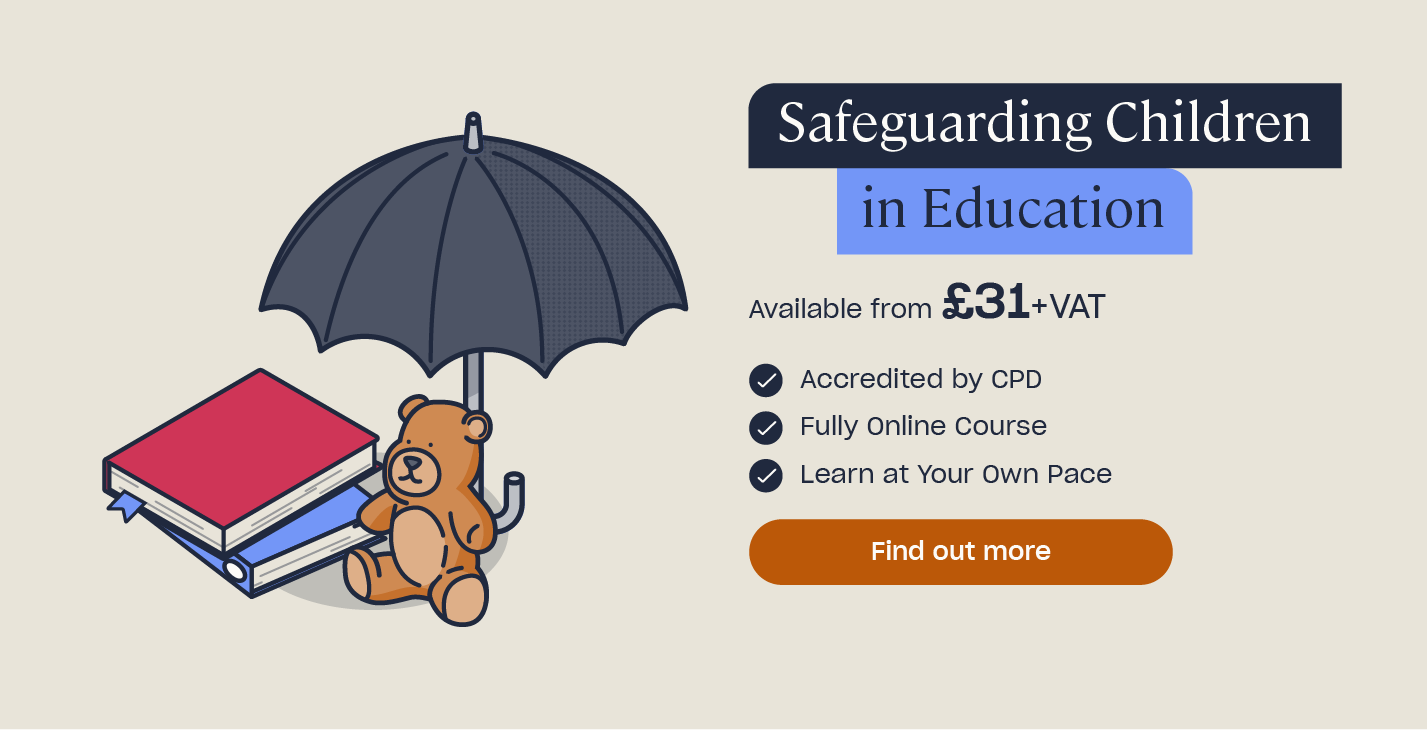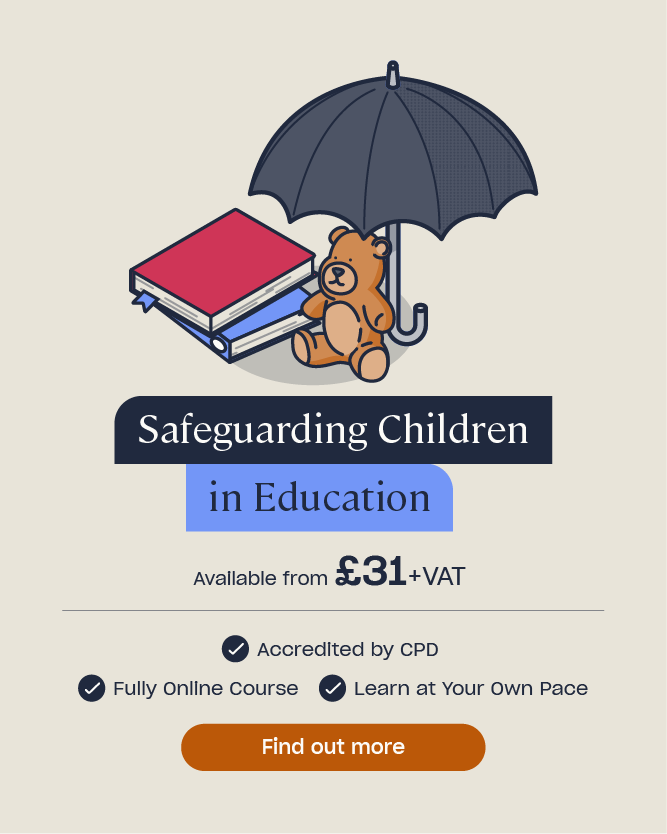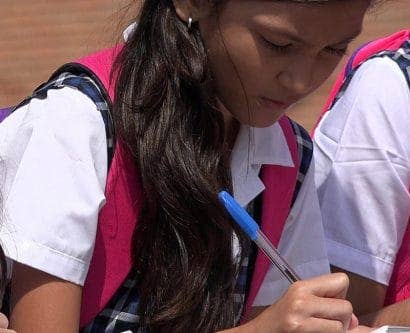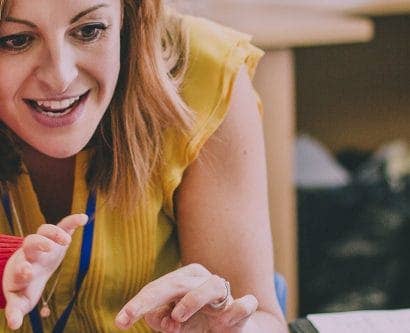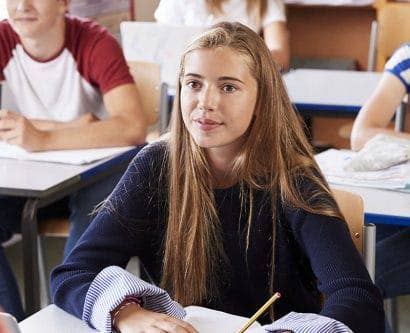Social Skills in Children
One of the key aspects of child development is learning how to socialise well with other people. Whilst this isn’t a traditional academic focus such as literacy, numeracy, language or motor skills, social adeptness is equally as crucial to ensuring children are able to thrive throughout their life.
Social interactions happen constantly, and are an unavoidable aspect of daily reality. As a result, social skills have a large and lasting impact on almost every aspect of an individual’s life. The sooner a child is able to develop these skills, the better they’ll be able to navigate school, home life, and all other environments. From a safeguarding perspective, ensuring a child has good social skills is key to keeping them protected.
In this article, we will detail what social skills are in children, why they are important in early childhood and in school, and provide our tips on how to teach social skills to kids via a range of activities.
What are Social Skills in Children?
Social skills are those that we use to interact and communicate with people, both verbally and non-verbally. This can include body language, listening, speech, facial expressions and gestures.
Most children develop these skills naturally through daily interactions with peers, family, and school staff, however social adeptness comes more easily to some than others. In particular, conditions such as autism and ADHD can make social skills harder to develop.
Having good social skills involves knowing and understanding how to behave in social situations, including following any written or implied social rules or cues (for example apologising if you bump into someone, saying excuse me, or not interrupting someone.)
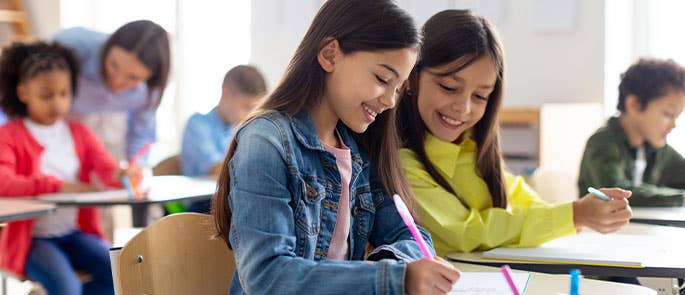
Social Skills Building Blocks
Social competency is an accumulation of many other skills, or building blocks. For children who struggle with forming and managing relationships, it can be helpful to focus on these individual constituents rather than social skills as a whole. If a child can master a few of these individual building blocks, their overall social adeptness should improve too.
- Attention and concentration – Whilst this may be difficult for children, particularly those with ADHD, being able to participate in a conversation or social activity without distraction is key to forming strong relationships.
- Emotional self control and regulation – This skill is needed to identify the thoughts and feelings of others, as well as your own. This is important in social interactions, which often require picking up on others’ emotions and responding accordingly.
- Understanding and using language – Comprehending what others are saying and being able to use communication effectively in response is really the crux of social interactions. Thus, having a good grasp of language is essential.
- Non verbal communication – In addition to understanding and using verbal language, social interactions also involve a lot of unspoken communication via expressions, gestures, and eye contact. The better a child can read and use these non-verbal messages, the more comfortable they’ll be with socialising.
- Play skills – Many social scenarios involve doing things just for fun. Although voluntary participation in leisure activities that aren’t necessarily goal oriented comes naturally to many children, this form of play may have to be taught to some.
How to Tell if a Child is Struggling With Social Skills
Social interactions quickly change throughout childhood as young people develop. As they age, children begin to acquire the nuances of verbal and non-verbal communication, and start to distinguish between literal and non literal language. This changes the nature of their social contact.
The problem, however, is that children develop at different rates and thus these refined social skills will be acquired faster by some children. Furthermore, children with autism or ADHD, or perhaps other forms of educational needs, may find aspects of social interactions even harder to comprehend and imitate. Most often, these children want to socialise and form friendships, but struggle to do so.
If a child is finding social skills difficult, they may display the following signs:
- Using inconsistent eye contact, either too fleeting or overly intense.
- Finding it difficult to take turns when conversing with someone, and perhaps interrupting often.
- Standing too close or far away from someone when speaking to them.
- Negating to use polite phrases such as please, thank you, hello or goodbye, and excuse me.
- Unable to maintain one topic of conversation.
- Often asks inappropriate questions.
- Not understanding jokes, sarcasm, or idioms.
- Can’t read facial cues or body language.
- Talks with unusual speed, tone, rhythm or intonation.
- Lacking empathy.
Difficulties across one or more aspects of communication and interaction are known as speech, language, and communication needs (SLCN) and can greatly impact social interaction. To learn more about what SLCN’s are, read our article on How to Support Children With Speech, Language, and Communication Needs.
Why are Social Skills Important in Early Childhood?
Forming social skills is a key aspect of child development as these abilities benefit children for the rest of their lives. Not only do they help children to interact with the world around them, but they are valuable in all areas. For example, it’s been found that having better social competence as a child has a positive impact on future education, employment, criminal justice, substance use and mental health.
Without social skills, children may find it difficult to form relationships, adapt to being at school, and maintain good behaviour patterns.
From a safeguarding perspective, ensuring children develop strong social skills is a key component in being able to protect them successfully. As mentioned, social skills are necessary to be able to communicate effectively and form positive relationships. If children don’t learn to do this, they are more vulnerable to abuse. Children who lack social skills may struggle to identify when people have ill intentions towards them, and therefore be more vulnerable to maltreatment.
To help combat this risk, read our articles on How to Teach Children About Healthy Relationships, How to Create an Effective Culture of Safeguarding in Schools and Safeguarding Responsibilities of School Staff.
Want to Learn More?
Our Safeguarding Children in Education course is written by industry experts and will help learners to identify when abuse and neglect may be happening to a student and understand how to respond appropriately to concerns.
Importance of Social Skills in School
Below are some of the principal benefits of social development for students:
Developing Language and Literacy Skills
Social interactions play an essential role in language development during the early years at school. Engaging in social interactions helps children learn how to communicate effectively, understand language, and express themselves. In contrast, students with poor social skills in the early years often struggle with literacy well into their academic life.
Improving the Ability and Desire to Learn
Children with strong social skills tend to be more engaged in the learning process and therefore often perform better academically at school. Social skills build confidence and aid the ability to work together as a team, which helps children to achieve academic goals more successfully.
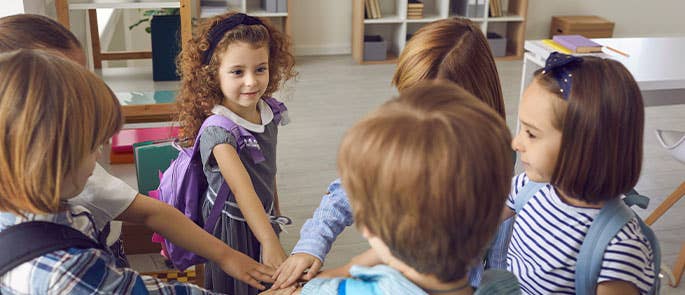
Building Self-Esteem and a Positive Attitude
Children who feel comfortable interacting with others generally have higher confidence and self-esteem. Furthermore, engaging in positive social interactions regularly helps to develop an optimistic outlook and mindset. Both of these factors can have a significant impact on academic success, as believing in yourself goes a long way towards achieving goals, but also supports general mental health and wellbeing.
Classroom Behaviour
Having strong social skills involves being able to understand social etiquette and follow social rules, which also translates to similar classroom expectations such as waiting your turn in a class discussion. Children with strong social skills are more likely to comprehend and follow these rules.
Teamwork
Cooperating with classmates is an essential skill for students to work effectively, overcome problems and find solutions. Strong social skills enable children to see things from others perspectives and have empathy, both of which are key to conflict resolution and working well in a group.
Having students that are enthusiastic about learning, confident, and well behaved all contributes towards a positive emotional environment in the classroom that fosters resilient, independent learners. To learn more about this topic, read our article on How to Create a Positive Learning Environment.
Teaching Children Social Skills
It can be really difficult to see a child struggling to connect with others and form meaningful relationships. Luckily, there are a number of things you can do to help a child develop their social skills. Below are a number of actions you can take to help support children for whom social interaction doesn’t come naturally, as well as some activities you can incorporate into the classroom to help improve social skills for all students.
- Encourage Eye Contact – Eye contact is a simple but effective way to show that we’re listening to someone and are fully engaged in a conversation. Encourage children to maintain eye contact when speaking to others and practise conversing whilst looking someone in the eye until it feels more natural.
- Teach Them About Emotions – Being able to read how someone is feeling and knowing how to respond to that is key to successful social interaction. Some children may struggle with this, but teaching them about what the different emotions are and how they’re usually expressed by people can help. To learn more about this topic, take a look at our article: How to Encourage Children to Express Feelings & Emotions.
- Provide Opportunities for Social Interactions – Whether it’s forming more after school clubs to bring together students with similar interests, forming a buddy system to provide every student with a supportive mentor, or incorporating more group work into your lesson plans, the more opportunities children have to practise their social skills the more they will improve.
- Be a Good Role Model – To improve the social skills of children in your care, it’s vital for you to be a good social role model. This can be as simple as ensuring you’re always acting responsibly, listening to your students, demonstrating good communication skills, and being respectful and polite.
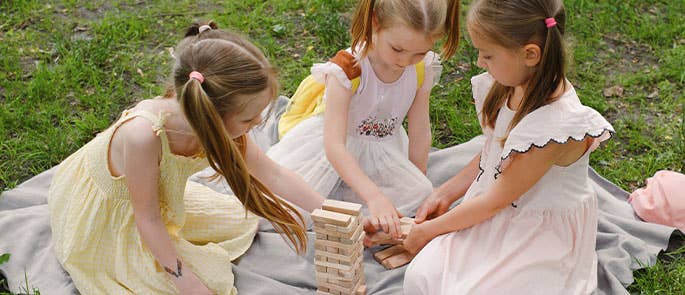
Social Skills Activities for Kids
As with any skill, the best way to improve social adeptness is to practise conversing and interacting with people. Although this may be daunting for children who find social situations difficult, there are many enjoyable activities you can incorporate into your classroom that aim to improve social skills with no pressure. With the following examples, children may be having so much fun they don’t even realise they’re learning:
Emotion Charades 
Being able to read facial expressions and identify others feelings is a key component of conversations and relationships. As such, this activity focuses on improving children’s ability to identify emotions.
Objective: To identify emotions and feelings.
Instructions:
1. Write or draw a variety of emotions on separate slips of paper/card.
2. Distribute the cards amongst your students.
3. Have each child take it in turns to act out the emotion displayed on their card and audience members will aim to correctly identify which feeling they’re portraying.
Conversation Jenga 
Not only is this activity a great way to encourage children to start conversations with peers and practise conversational skills, it can also help children to form connections and find common ground, therefore perhaps forming relationships whilst improving social capability.
Objective: To break the ice, get to know peers, and practise conversation skills.
Instructions:
1. Number each block in a jenga set and assign questions to each number (e.g. What is your favourite animal and why? Or what would your perfect day look like and why?)
2. Get the children to play jenga as usual, pulling out blocks whilst trying not to topple the tower.
3. Whenever a block is successfully removed by a child, ask them to answer the questions assigned to that block.
Blindfolded Obstacle Course 
Another of the building blocks of developing social skills is understanding and using verbal language effectively. This activity requires children to work as a team and use verbal comprehension skills to complete the task.
Objective: To foster teamwork and improve verbal comprehension skills.
Instructions:
1. Set up an obstacle course.
2. Sort the children into pairs and assign one member to be blindfolded and the other to be their guide.
3. Have the guide talk the blindfolded player through the course by describing the upcoming obstacles and how to overcome them.
Simon Says 
One common obstacle to good social skills for children is not being able to listen and maintain focus on what a peer is saying. The classic game of Simon Says is a well-loved childhood activity but is also great for fostering skills that are essential to socialising well.
Objective: To improve listening skills and self-regulation.
Instructions:
1. Assign one child to be ‘Simon’, the player who will issue commands.
2. When Simon gives a command starting with “Simon says” (e.g. “Simon says run on the spot”) everyone else must follow this instruction. If Simon gives a command without first saying “Simon says”, the other children must not follow this instruction. If they do, they’re out of the round.
3. Repeat this game with different children being given the opportunity to be Simon.
Providing children with the opportunity to develop their social skills is one of the best ways to help prepare them for the future. For children who are struggling to develop social skills, focusing on the individual building blocks that make up social interactions first may be a more manageable goal. Remember, there are many actions and activities you can try to help children to develop their social skills in a fun and effective way and it’s well worth incorporating these into your lesson plans.
Further Resources:
- How to Create an Effective Culture of Safeguarding in Schools
- Safeguarding Responsibilities of School Staff
- How to Create a Positive Learning Environment
- The Importance of Financial Literacy in Schools


